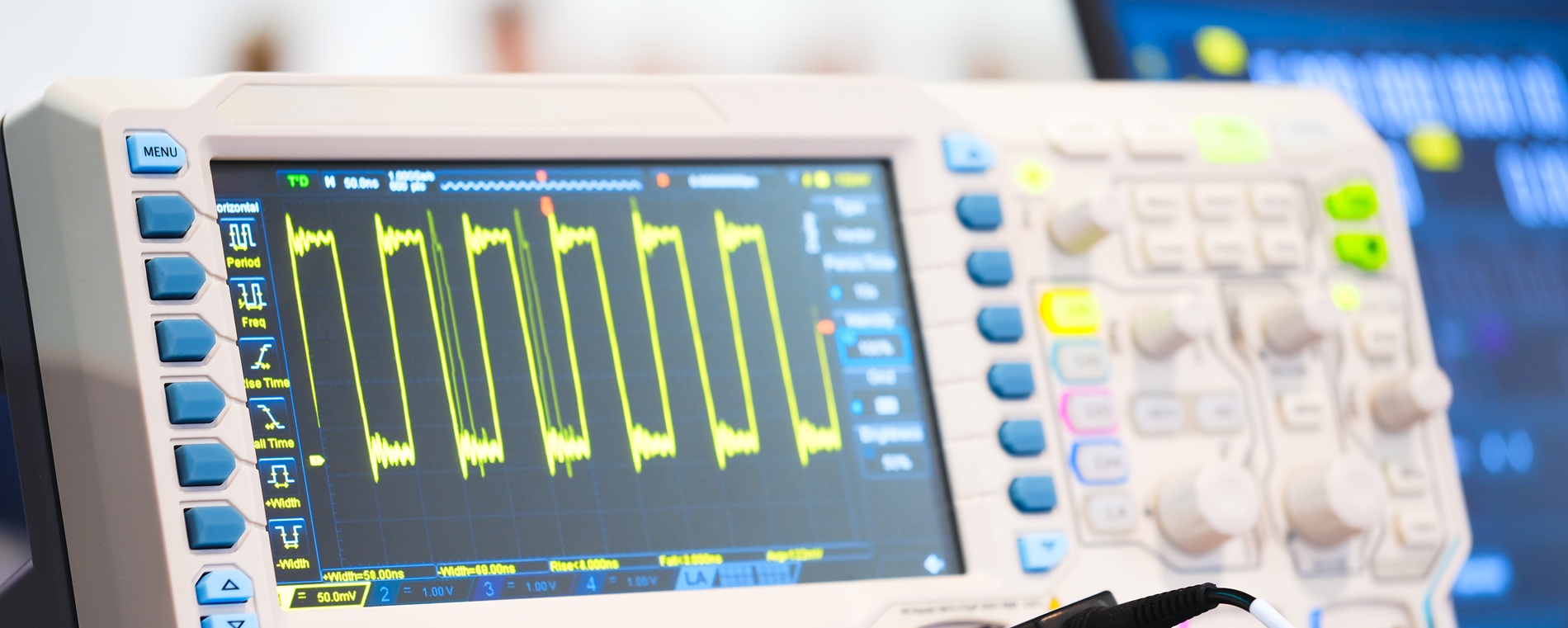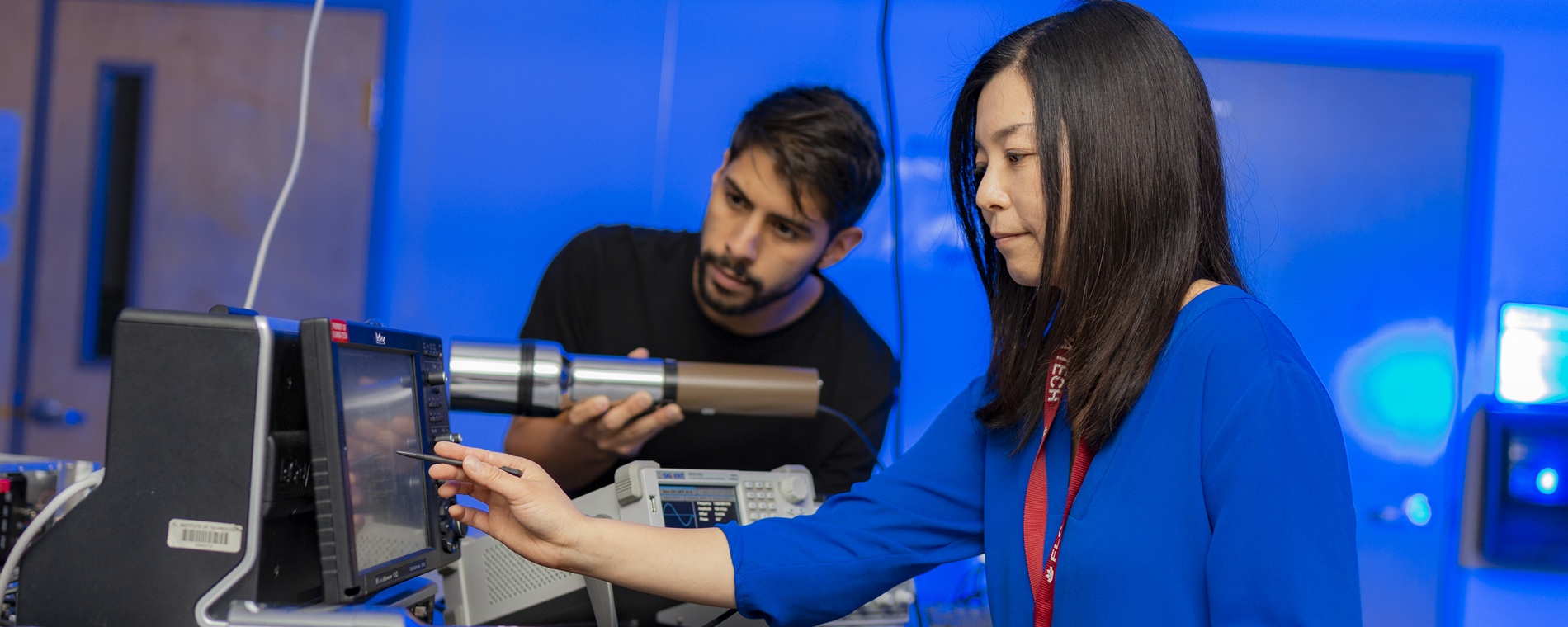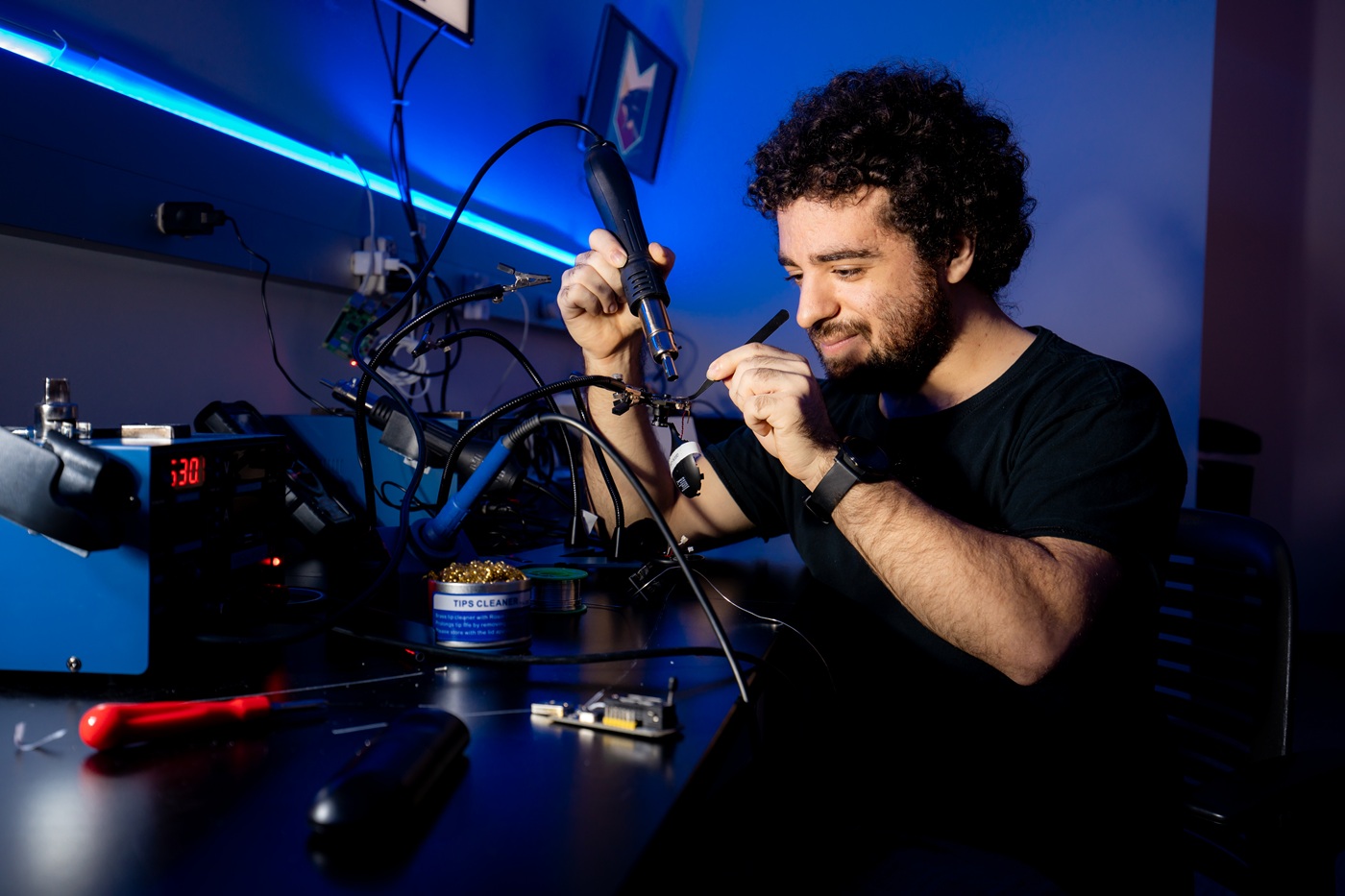As a student in this program, you will learn from world-class faculty whose expertise spans cutting-edge areas in electrical engineering.
Their knowledge and experience include network security and communications, focusing on areas such as post-quantum security, 5G/B5G, IoT and resilient communication networks.
In optics and photonics, faculty explore ultrafast nonlinear optics and optoelectronics, while in electromagnetics and imaging, their work includes advancements in IR/optical focal-plane arrays, metasurfaces and imaging techniques.
Faculty also specialize in wireless communication and signal processing, such as wireless channel modeling and system-level simulation, as well as model-based and digital engineering, ensuring students are equipped with the skills to tackle today's most pressing challenges in the field.

 Give to Florida Tech
Give to Florida Tech 


